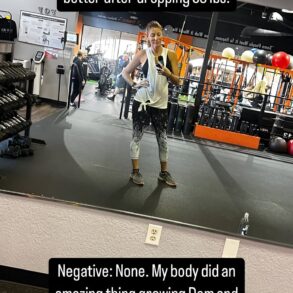
A new survey conducted by This Is Black Gen Z and TapIn has revealed how much Black Gen Z Britons change parts of themselves for their workplace. About 86% of 2,300+ participants admitted to changing their names on job applications and using a different accent during interviews to improve their chances of being hired. This likeness change is also known as code-switching.
“They either shortened their African names to sound more anglicized or omitted parts of their African names in the hope of getting further along the process,” the report said.
Black graduates have a lower chance of getting graduate-level jobs or will not earn as much as their white counterparts. It was recently found that hiring managers frequently reject applicants whose names sound “associated with Black people,” according to the Huffington Post.
“As a Black woman who also holds space for other Black women in therapy, I see how we often have to slot ourselves into the workplace,” psychotherapist and author Tasha Bailey said. “By changing our names or avoiding wearing our hair in naturally or cultural-celebratory hairstyles, we hope to divert unwanted attention from colleagues outside of our culture.”
Also, nearly half of Black Gen Z, at 47%, believe they are unable to be authentically themselves at work, increasing to 63% if they identify as LGBTQIA and 91% if they are trans. The research revealed It is difficult for Black women to express themselves — not wearing certain hairstyles because they fear appearing unprofessional. Men were also more likely to admit that they actively changed their hair, demeanor and speech.
“It can feel like it’s safer to be physically invisible by making our hair or name as Eurocentric as possible than it is to be seen in our true authenticity,” she continued. “As a result, it means that a lot of us have to wear our “false self” to work in order to survive our jobs.”
This post was originally published on this site be sure to check out more of their content.








